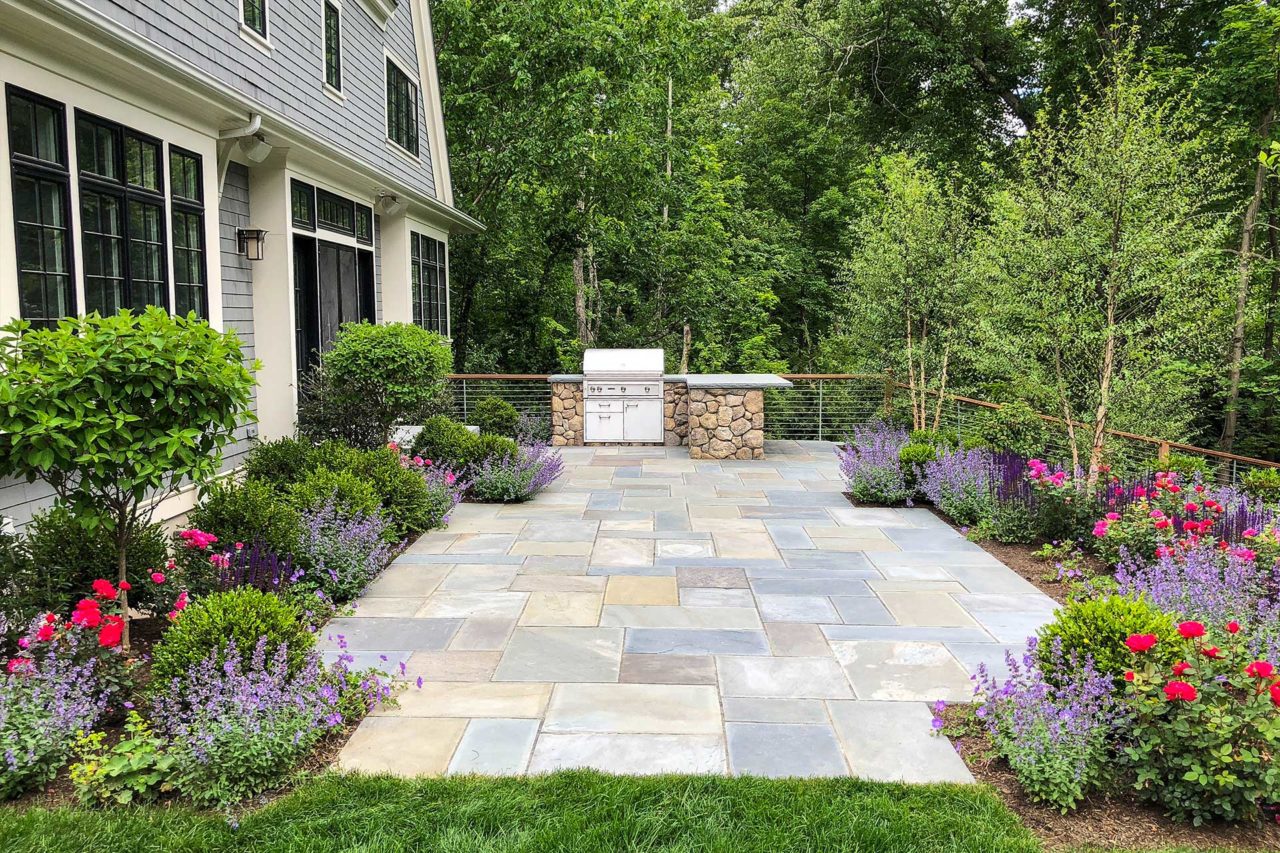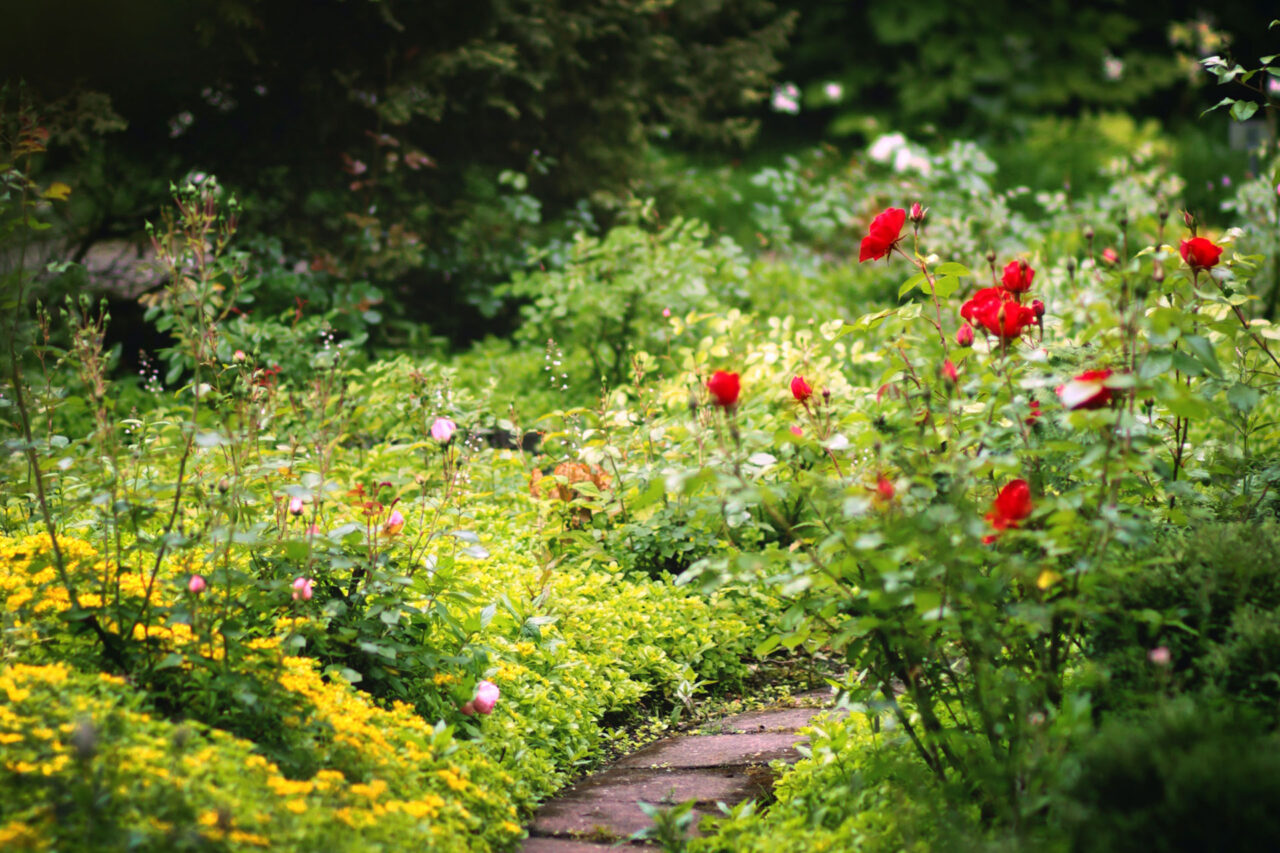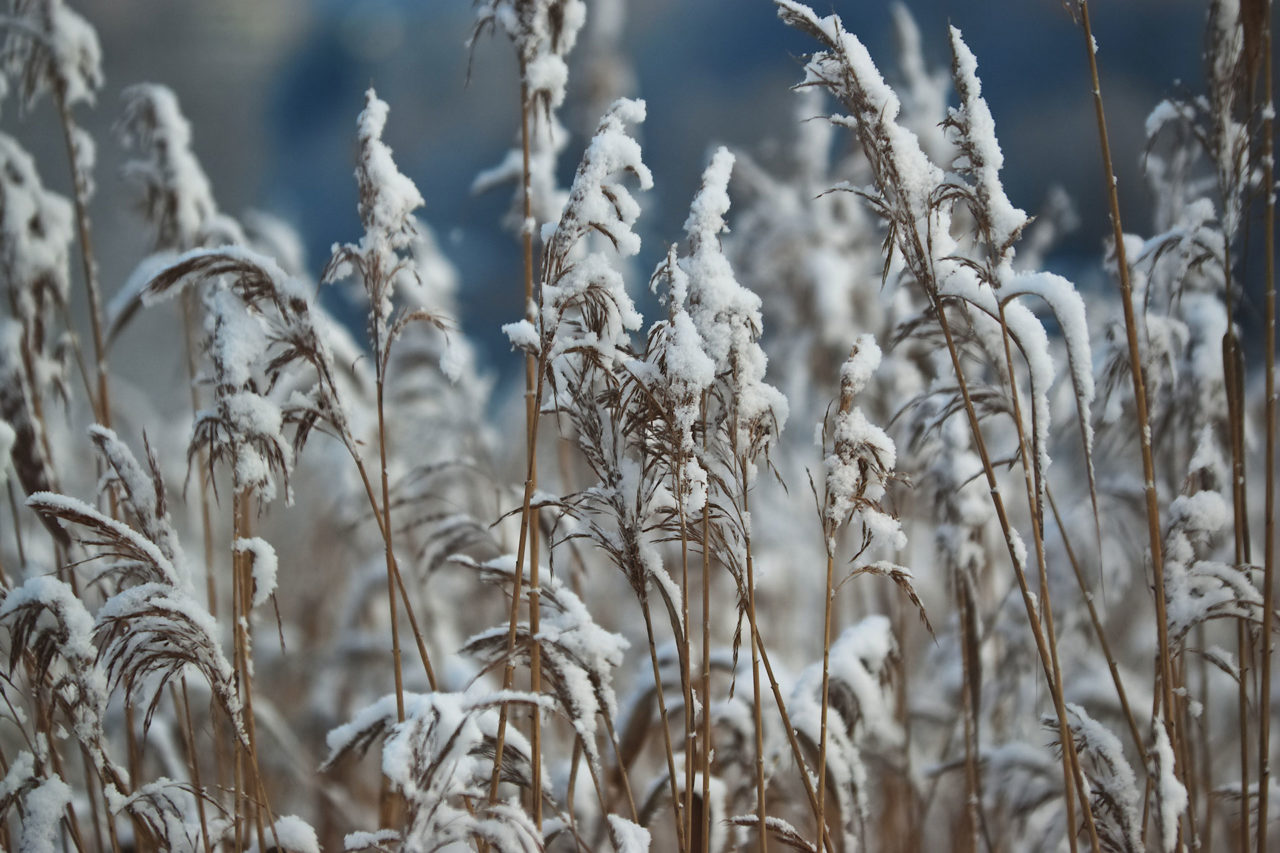Why Mulch?
Mulch is an important aspect of our landscapes both aesthetically as well as functionally. We mulch our gardens for various reasons:
- It creates an attractive and uniform finish to beds
- To help keep weeds down
- Helps keep moisture in soil
- Protect roots from heat and cold
- Adds nutrients to the soil
- Helps prevent erosion
What is Leaf Mulch?
Leaf mulch is nothing more than the shredded leaves of deciduous trees and shrubs applied to landscape beds – just as nature intended! Take a stroll through the woods and this is exactly what you will see – a thick layer of leaves that have fallen to the ground.
Function of leaf layer in nature:
- The leaf layer helps to retain moisture in the soil
- Breaks down into valuable nutrients right at the roots of the trees
- Insulates the feeder roots from extreme heat and cold
- Provides habitat to insects and small mammals
- Provides shelter for insect eggs to overwinter
What is Bark Mulch?
Bark mulch is made by chipping the bark of various tree species such as pine, cedar, hemlock and other mixed hardwood species into a fine fibrous material.
Should I Switch from Bark Mulch to Leaf Mulch?
Both leaf mulch and bark mulch have its place in the landscape:
Leaf Mulch
| PROS | CONS |
| Easily degradable to enrich soil More natural approach Less resources required to produce More insect friendly – earth worms love leaf mulch and will incorporate it in your soil. Light-weight ensures easier application | Harder to rake than bark mulch Denser than bark chips and could lead to compaction Could host less desirable insects |
Bark Mulch
| PROS | CONS |
| Longer lasting a it breaks down slower Not easily washed away by rain, wind or snow Variety of colors to choose from Less dense than mulch so allow more air and sun in | Could make soil more alkaline Could reduce nitrogen levels in the soil due to decomposing Heavier and more labor intensive to apply |


